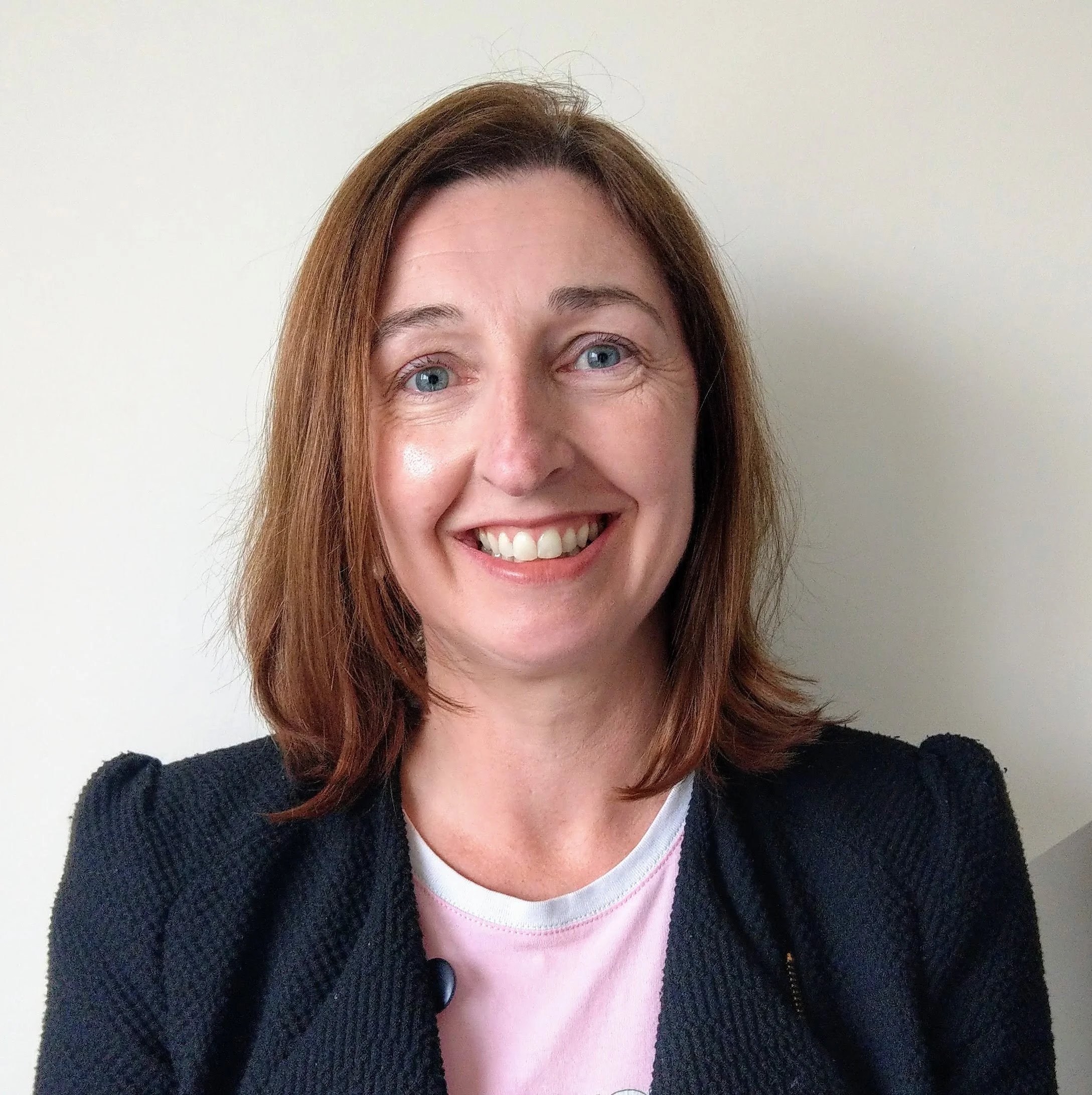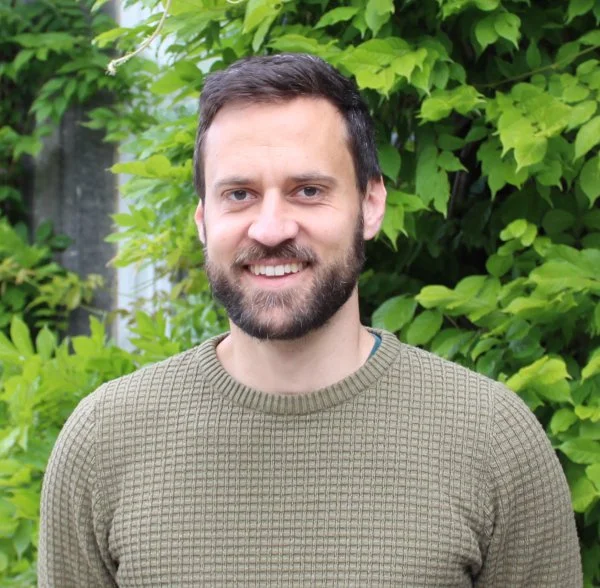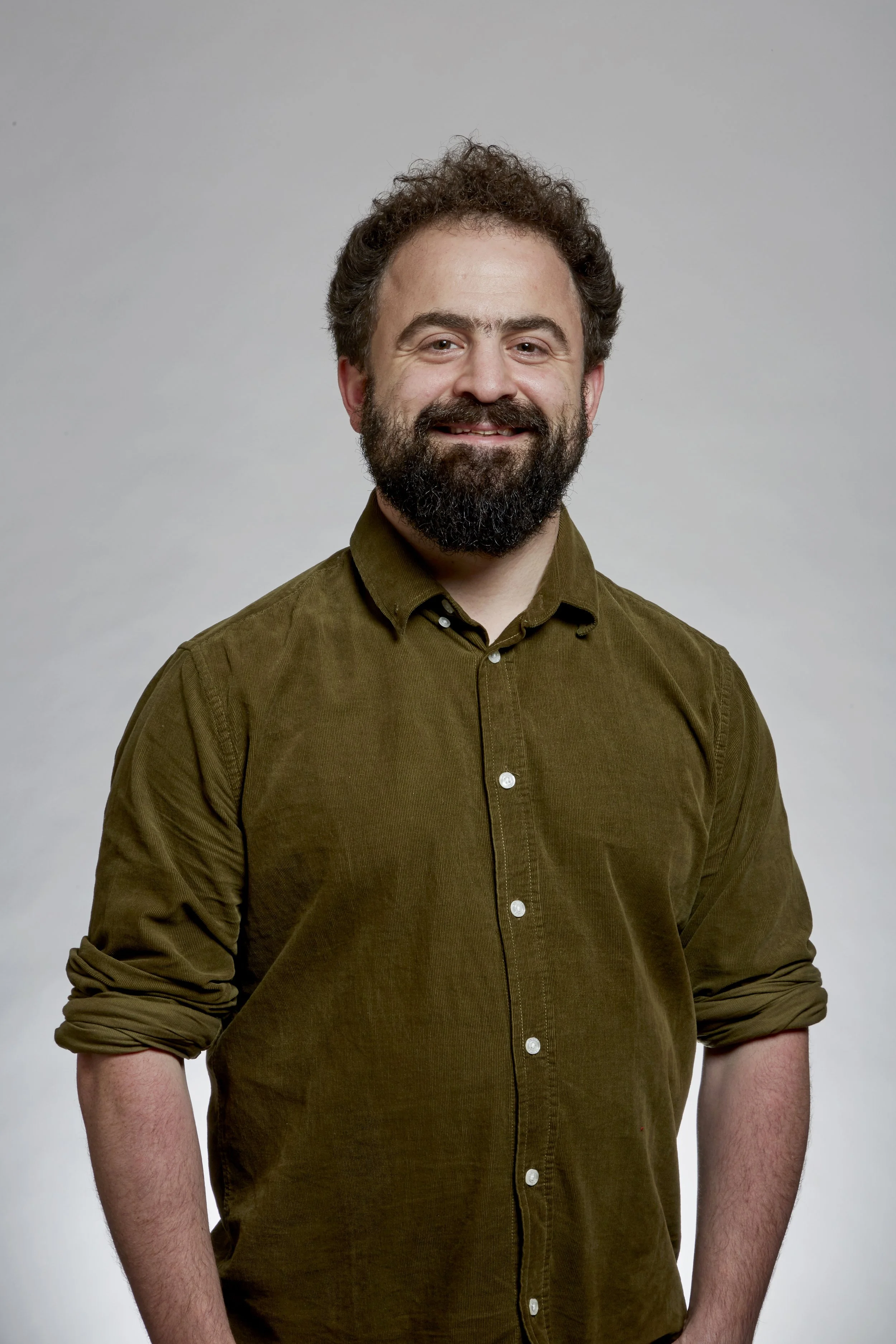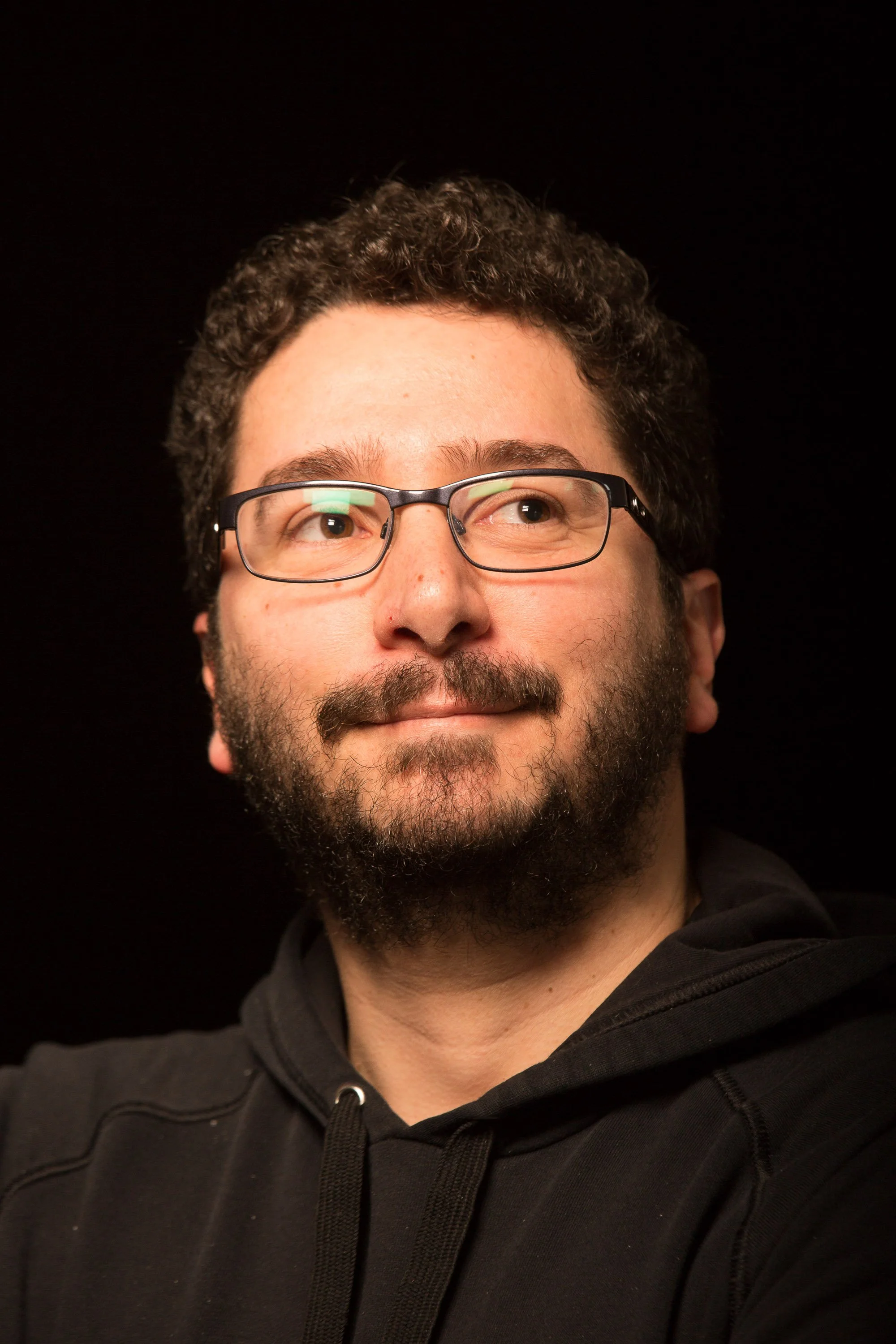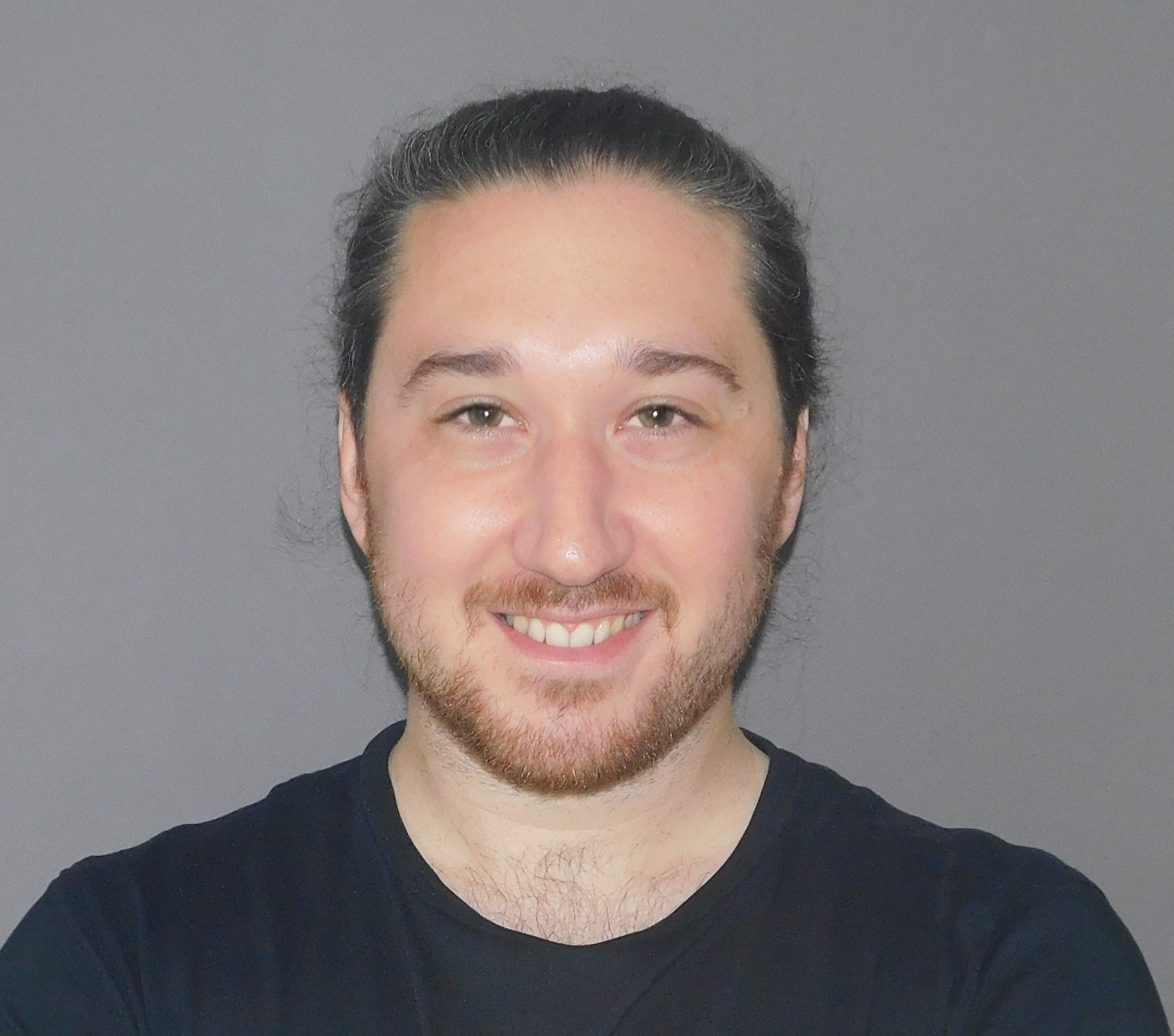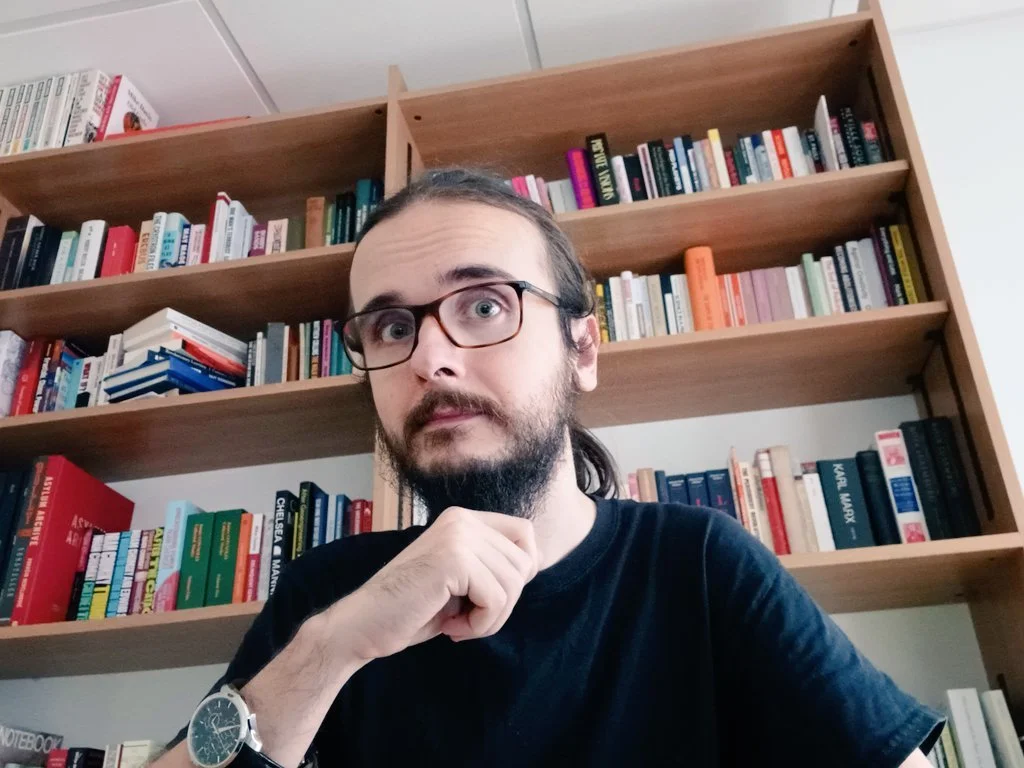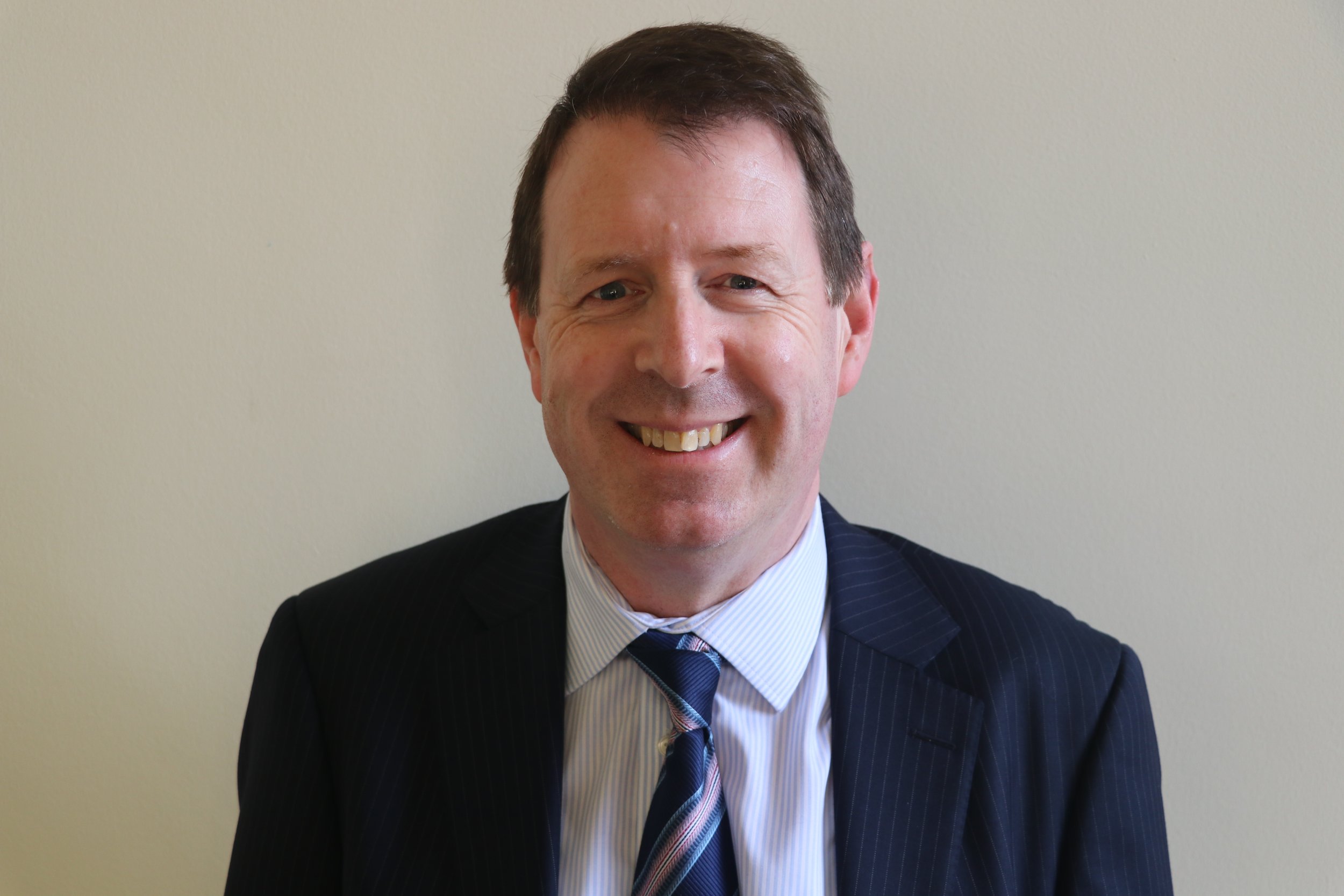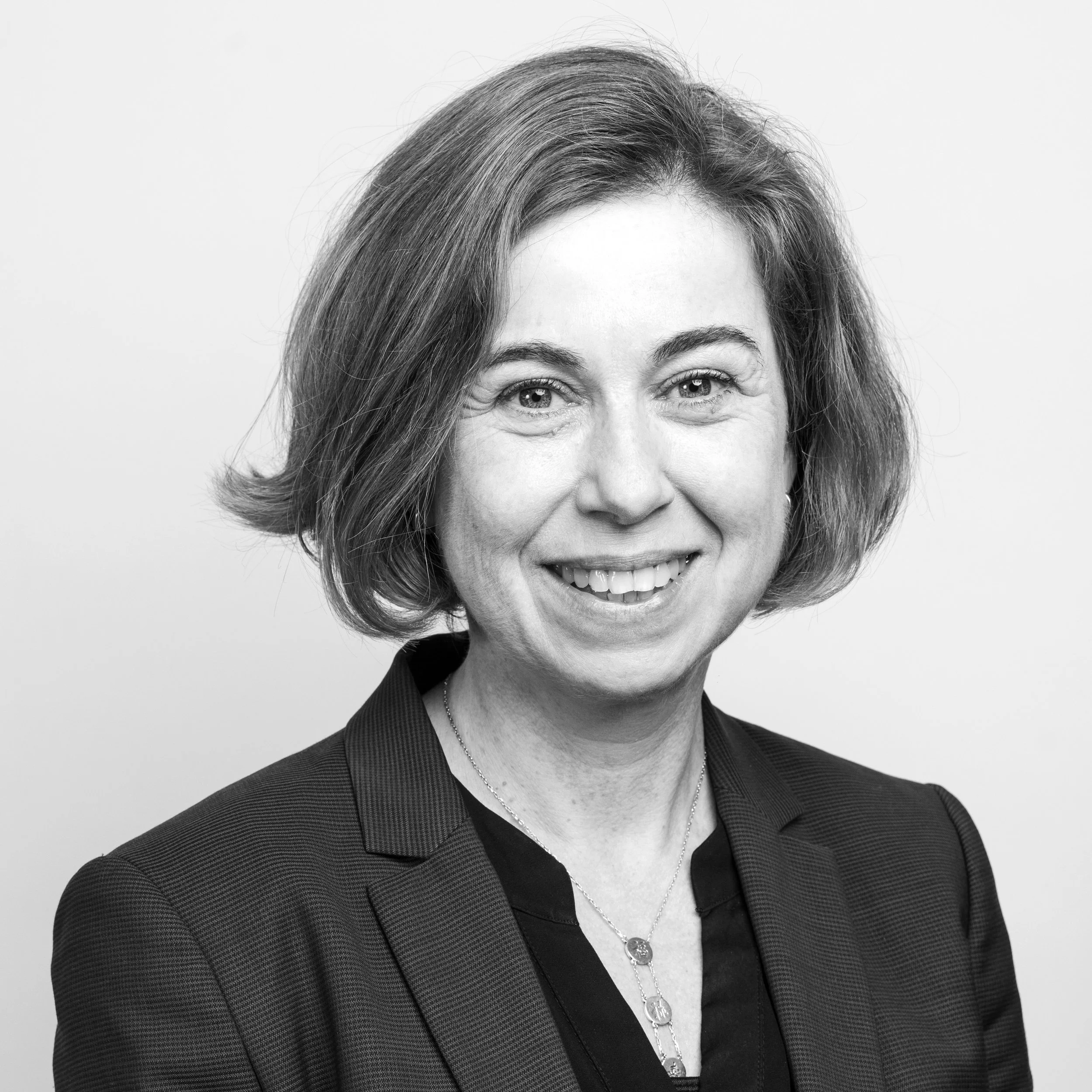ACADEMIC MEMBERS
Director
John Goold
Following a PhD from University College Cork in 2010 John moved as a research fellow to the Centre for Quantum Technologies at the National University Of Singapore. In August 2010 he was awarded an INSPIRE Marie Curie Fellowship which he undertook at the University of Oxford where he was hosted in Vlatko Vedral’s quantum information theory group. In August 2013 he moved to The Abdus Salam Centre for Theoretical Physics in Trieste Italy and remained there until October 2017 where he moved as Research Assistant Professor to Trinity College Dublin with a SFI Royal Society University Fellowship for a project on Thermodynamics for Quantum Technologies.
Following the award of a Starting Grant from the European Research Council, in 2018 he founded the QuSys group at Trinity. John is interested in the interface of thermodynamics and quantum mechanics and in particular on how irreversibility emerges from quantum dynamics of complex many body systems.
He has worked on a number of different areas including ultra cold atomic physics,
statistical mechanics and quantum information. He was promoted to the position of Associate Professor at TCD in October 2019. In July of 2020 John was elected to the Young Academy of Europe. He has attracted over 5 million euro in research funding since joining Trinity College Dublin and most recently has forged partnerships with both Microsoft Ireland and IBM. He directs the MSc programme in Quantum Science and Technology at Trinity College Dublin and along with generous support of Microsoft Ireland has introduced the TCD-Microsoft Scholarships for the two best Female MSc applicants.
Ortwin Hess
I currently hold the Chair of Quantum Nanophotonics and a Science Foundation Ireland (SFI) Research Professorship in the School of Physics and CRANN Institute and I am a Professor Fellow of Trinity College Dublin. I am also associated with Imperial College London, UK. I lead the Quantum Nanophotonics group. Our research combines nano- and quantum photonics with quantum materials (quantum plasmonics, many-body semiconductor dynamics) and metamaterials physics and spatio-temporal semiconductor laser quantum dynamics. We have recently pioneered quantum dynamics of single-emitter strong coupling at room-temperature in plasmonic nano-cavities, demonstrated quantum plasmonic immunoassay sensing and uncovered the control of semiconductor laser chaos with quantum chaos and quantum random-bit generation. I am particularly honoured and grateful to have, in recognition of pioneering active nanoplasmonics and optical metamaterials with quantum gain, been awarded the Royal Society Rumford Medal.
Sinéad Ryan
I am Professor of Theoretical High Energy Physics in the School of Mathematics, chair of the EuroHPC Infrastructure Advisory Group and a member of the irish Research Council. My research focus is Lattice Quantum Chromodynamics (QCD) - the numerical simulation of the quantum theory of the strong nuclear force governing the interactions of fundamental matter particles called quarks and gluons. My particular interest is in understanding from first principles the nature of strong exotic matter and the properties of matter in extreme conditions. Lattice QCD is a computational grand challenge requiring leadership-class supercomputing resources while near-future hybrid HPC - Quantum Computing architectures promises to accelerate classical simulation of quantum field theories and open new directions.
Stefano Sanvito
I am the Chair of Condensed Matter Theory in the School of Physics and also the director of CRANN, Ireland flagship Nanoscience Institute (www.tcd.ie/crann/). My main research interests are in the development of novel algorithms for materials science across the scales, and to the deployment of them in current problems of industry relevance. In 2007 I received the Young Scientist Prize in Computational Physics from the International Union of Pure and Applied Physics (IUPAP) and in 2012 a European Research Council Award. I am a Fellow of the Institute of Physics, a fellow of Trinity College Dublin and a Member of the Royal Irish Academy. In 2017 I was conferred the title of “Cavaliere della Stella d’Italia” (knight of the star of Italy), an Italian knighthood order given to Italians abroad, who have contributed to enhance the prestige of Italy and to establish relations with foreign countries. In 2020 and 2021 I was included in the list of the Highly Cited Researchers from ClarivateTM.
Marco Ruffini
I am associate professor with the School of Computer Science and Statistics and Fellow of Trinity College Dublin. I lead the optical and wireless network architecture group and I am co-PI in the CONNECT and IPIC SFI research centres and PI on other SFI and EU projects.
My research focuses on virtualisation of optical access networks and on the development of intelligent, AI-driven control planes for autonomous operations of optical access-metro and its integration with 5G and future 6G technology. I also work on the development of digital twins for optical networks.
I am interested in the coexistence of quantum and classical signal in the existing telecommunications fibre architecture, to facilitate the future development of the quantum Internet. The scope here is to develop intelligent control planes that can maximise resource usage in the network, while managing the constraints imposed by the fragility of quantum signals in noisy environments.
DAN KILPER
I am Director of the Connect Centre, the Science Foundation Ireland Research Centre for Future Networks and Communications and Professor of Future Communication Networks in the School of Engineering in Trinity College Dublin. My research explores advanced control architectures and coexistence technologies for quantum and classical communication networks. I’m interested in developing software and hardware emulation tools to study the control and layering of quantum networks.
FELIX BINDER
I am an Assistant Professor in Quantum Science in the School of Physics where I lead the Quantum Information Theory group. My main research focus lies at the intersections of Quantum Information Theory, Quantum Thermodynamics, and Complexity Science. I am particularly interested in how information can be obtained about a physical system by observation and how it passes through time.
My work includes aspects of quantum and non-equilibrium thermodynamics, quantum batteries, quantum speed limits, open quantum systems, non-Markovian processes, computational mechanics, generative and predictive models of stochastic processes, parameter estimation, quantum resource theories, quantum foundations, and the emergence of objective reality.
Mark Mitchison
I am an Assistant Professor and a Royal Society-SFI University Research Fellow in the School of Physics at Trinity, where I lead the Theory of Controlled Quantum Systems group. My research spans mesoscopic and atomic physics, quantum optics, non-equilibrium statistical mechanics, and quantum information. I am especially interested in the dynamics of complex open quantum systems (i.e. quantum systems in the presence of noise) and their applications for precision measurement and efficient energy harvesting at the nanoscale.
Paul Eastham
I am an Associate Professor in the School of Physics at Trinity, and lead the Quantum Light and Matter Group. We’re interested in the quantum many-body physics of light and matter in solid-state systems, such as semiconductor nanodevices, and the applications of this physics in future technologies.
Nicola Marchetti
I am an IEEE Communications Society Distinguished Lecturer and an Associate Professor in the School of Engineering and CONNECT research centre at Trinity, where I lead the Wireless Engineering and Complexity Science lab (WhyCOM). My research spans AI and Machine Learning for Future Networks, Autonomous and Self-Organising Networks, Communications for Biology, MAC Protocols and Radio Resource Management, Signal Processing for Communications, and Quantum Communications and Networks. I am especially interested in the application of information theory and network tomography to future hybrid classical-quantum networks.
Biswajit Basu
I am a Professor in the School of Engineering leading a research group on dynamics, control and computational engineering with focus on nonlinear hydrodynamics (applied to geophysical and biophysical fluids), generation and usage of ocean renewable energy and transportation engineering. My current research involves developing quantum algorithms, with theoretical analyses and numerical implementations, and applying to problems spanning solution of differential equations, quantum machine learning, control and optimization, uncertainty simulation and information processing.
Alessandro Lunghi
I am an assistant professor in the School of Physics of Trinity College Dublin, where I lead the Quantum Materials Dynamics group. Our research focuses on the study of spin systems with long coherence time and their interaction with complex chemical environments and external perturbations. We develop computational tools that bring together open quantum systems theory, electronic structure theory, and machine learning to design chemical systems for quantum technologies.
Harun Šiljak
I am an Assistant Professor in embbeded systems, optimisation, and control in the School of Engineering at Trinity. My research brings complex networks perspective, cyber-physical systems, and biological perspective to quantum communications and computation. A special area of my interest is observing quantum technology trends through the perspective of science and technology studies.
Christopher Keely
Dr. Chris Keely is based in Trinity Innovation, his office links to industry and the business community to develop partnerships which enable industry to benefit from the world leading teaching, research and infrastructure at Trinity College. Chris holds a PhD in Experimental Physics and brings over 25 years of experience working in and with, technology-focused multinational and indigenous Irish companies in technology development, business generation and industry/academic engagement.
Lorraine Byrne
Lorraine Byrne is the Executive Director of CRANN and the SFI Centre for Advanced Materials and Bioengineering Research Centre (AMBER) which is headquartered at Trinity College Dublin. Lorraine has leadership responsibility for non-scientific functions of CRANN and AMBER, including governance, industry engagement, business planning, international funding diversification, communications and government and public sector engagement.
Prior to joining AMBER, Lorraine had an 18-year career within the Imaging and Printing Division of Hewlett Packard (HP) where she worked as a scientist and technology strategist across a number of functions including failure analysis, ink and materials chemistry and research and development. As part of this role, she had responsibility for a research programme focussed on flexible and transparent electronics and displays and managed research collaborations with Universities and other Global HP Divisions working within the programme.
Lorraine has a first-class honours degree in Analytical Science and. PhD in Chemistry both from Dublin City University. She also holds a postgraduate diploma in Nanotechnology from University of Oxford and a Diploma in Company Direction from Institute of Directors.



